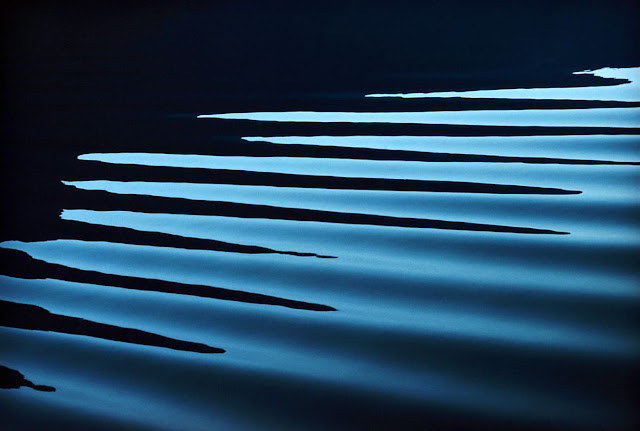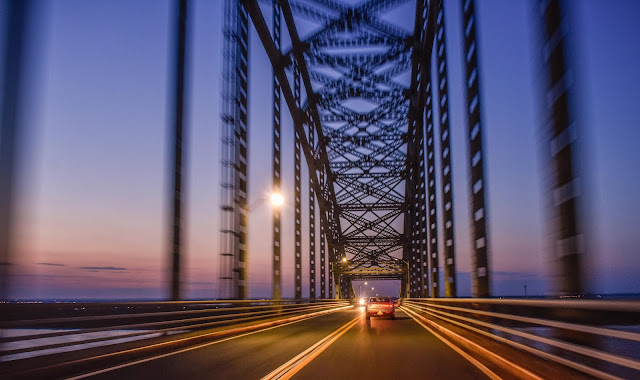Karl Blossfeldt

For the final assignment, I was inspired by German photographer, Karl Blossfeldt. He is well known for his close-up photographs of plant life. I believe Blossfeldts' images to be rather modern for his time. He has captured the the small details and textures of a plants natural structure and form, but interestingly, not in its natural habitat. He took his subject out of nature and shot them in front of plain white backgrounds. To me, this aids his 'close-up technique" because the details truly pop. His photographs are whimsical and have a delicacy to them. Plants are obviously naturally delicate as it is, but the negative space, and interesting line work captured in his photographs are what make his compositions most appealing to view. “IF I GIVE SOMEONE A HORSETAIL HE WILL HAVE NO DIFFICULTY MAKING A PHOTOGRAPHIC ENLARGEMENT OF IT. ANYONE CAN DO THAT. BUT TO OBSERVE IT, TO NOTICE AND DISCOVER OLD FORMS, IS SOMETHING ONLY FEW ARE CAPABLE OF." - Karl B lossfeldt...



